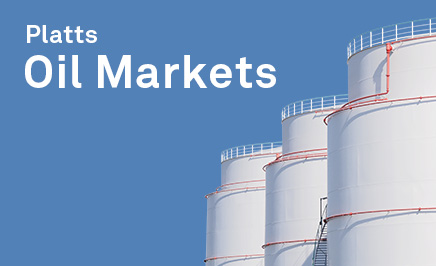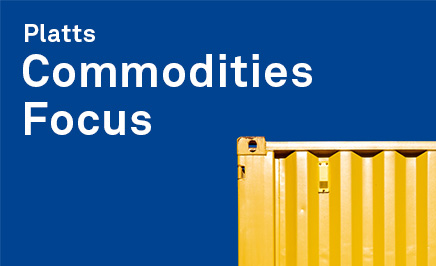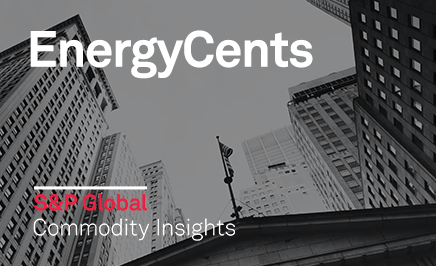The US Department of Energy in late January hit "pause" on its work issuing key LNG export permits. About 30 million mt/year of probable export capacity additions in the US and Mexico are at risk because of the permitting hold.
Climate activists have celebrated the White House decision as a massive win, while industry groups have warned that it could endanger future LNG projects and undermine the role of the US as an LNG exporter. But Arvind Ravikumar, co-director of the Energy Emissions Modeling and Data Lab and a professor within the University of Texas at Austin’s Department of Petroleum and Geosystems Engineering, believes this is the wrong debate to be having.
S&P Global Commodity Insights Americas LNG reporter Corey Paul caught up with Ravikumar for the podcast. And Ravikumar shared his perspective on the way we should be thinking about the future of US LNG exports.
Stick around for Jeff Mower with the Market Minute, a look at near-term oil market drivers.
Related content:
We are having the wrong debate about Biden’s decision on liquefied natural gas: Arvind Ravikumar



